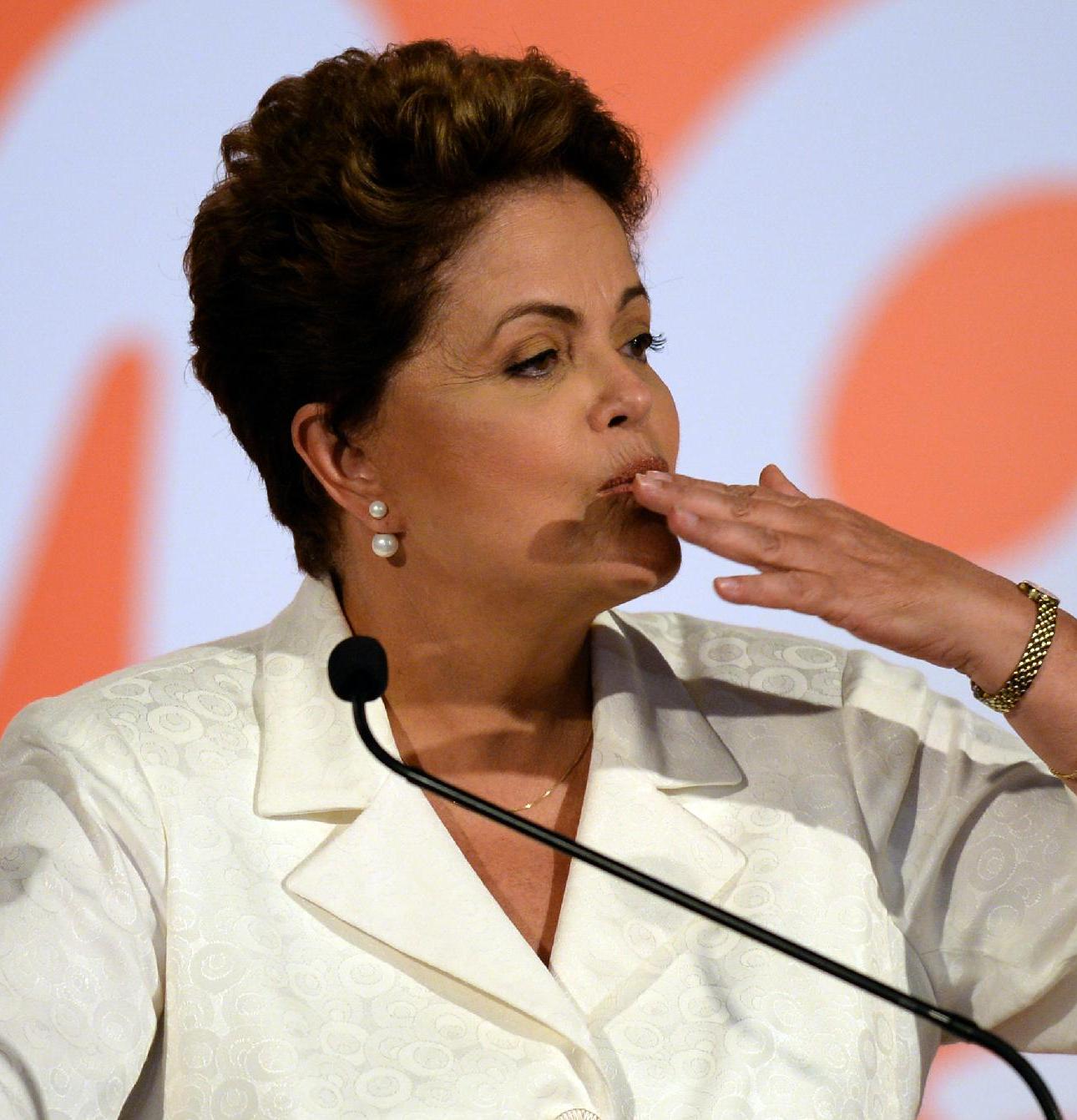Surprising Brazilian presidential election zigzags to runoff
It’s the presidential election that just keeps surprising. A year after a spasm of huge anti-government protests across Brazil, President Dilma Rousseff piled up more votes in Sunday’s election than any challenger, but it wasn’t enough to avoid a runoff in three weeks. The race kept up its unpredictable nature as Aecio Neves, a center-right former governor and senator with deep political lineage, came in second. He had languished in the polls during the campaign but surged in the past week to overtake former environment minister Marina Silva, who at one time was the front-runner.
It is now a new election where everything is wide open. Aecio, who until recently no one believed had a chance, has emerged as a very strong candidate.
Carlos Pereira, political analyst, Gertulio Vargas Foundation
In late August, Silva held a double-digit lead over the field after only entering the race following the death of her Socialist Party’s initial candidate in a plane crash. But then her reputation and credentials were picked apart by aggressive campaigning from Rousseff’s long-governing Workers’ Party. With all the votes counted, the president had 42 per cent to Neves’ 34 per cent. Silva got 21 per cent. The Oct. 26 runoff now will pit the candidates of Brazil’s two most powerful parties, which together have produced all of Brazil’s presidents the past 20 years and are well-known to Brazilians. “Aecio’s performance has been extraordinary, and one of the reasons for this is the very strong party structure behind him—a party with a strong nationwide presence and which has been in the presidency,” said Carlos Pereira, a political analyst at the Gertulio Vargas Foundation, Brazil’s leading think tank. Neves is an economist and former two-term governor of Minas Gerais, Brazil’s second-most populous state, where he left office in 2010 with an approval rating above 90 per cent.

Americas